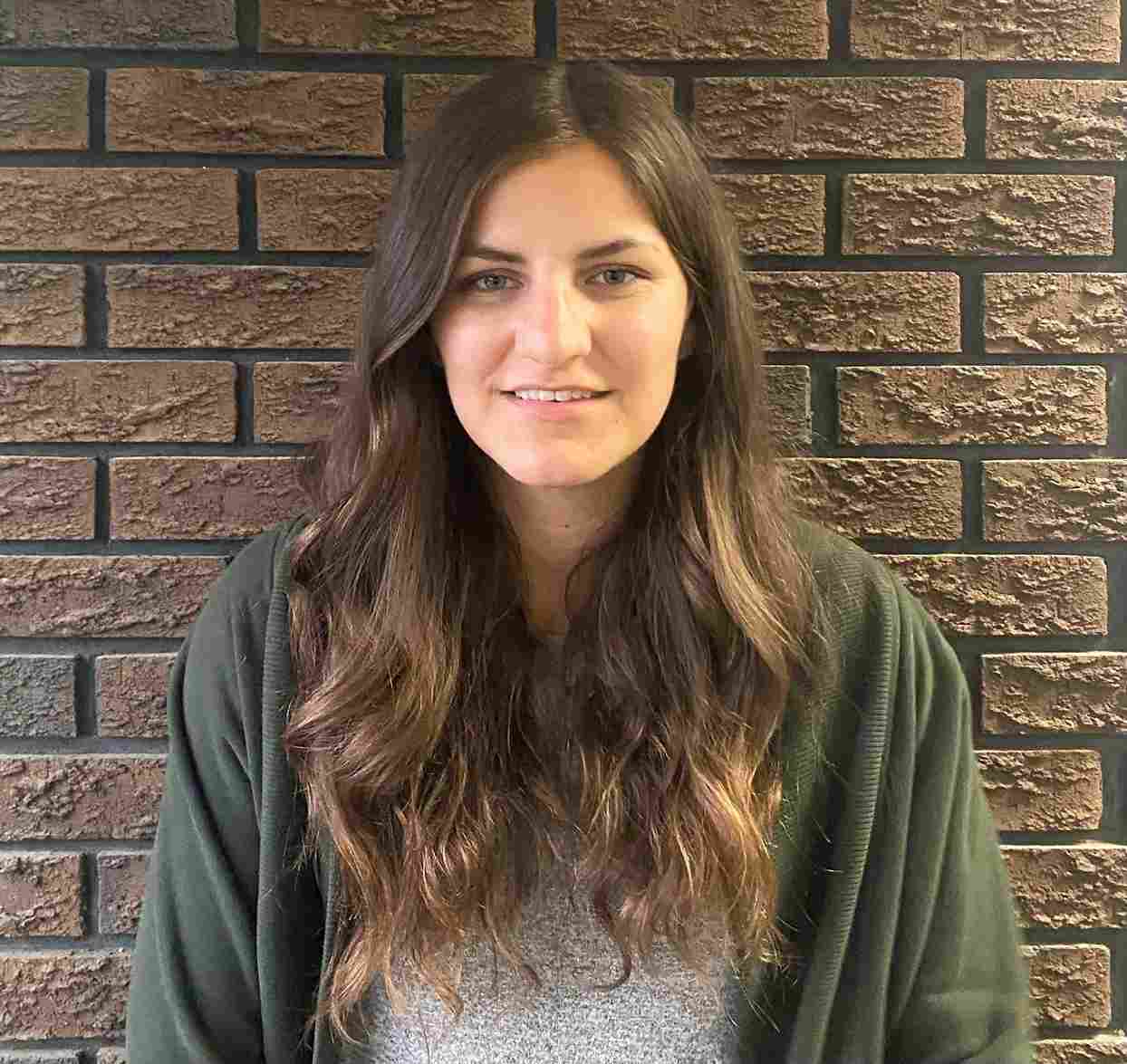Last updated February 16, 2024
Written by
Jasmine Roy Jasmine Roy, BCSC

Jasmine is a professional writer, editor, and SEO specialist with over five years of experience in content creation and digital marketing. In 2018, she completed her Bachelor of Communi...
Reviewed by
Ngaire King Ngaire King, BA, JD

Ngaire King is Legal Counsel for LawDepot. Ngaire has been working in the legal field for over five years and was called to the bar in Alberta in 2020. Before becoming a lawyer, Ngaire ...
|
Fact checked by
Rebecca Koehn Rebecca Koehn, BSc, MFA

Rebecca Koehn has been working in content creation and editing for over ten years and search engine optimization for over five years. Koehn is the Content Marketing Manager for LawDepot...
Parents and legal guardians use a Child Medical Consent form to give another person the authority to make medical decisions for their children.
In addition to personal details about the child, their legal guardians, and their temporary caregiver, a Child Medical Consent form typically includes the following:
- The child’s health history (e.g., conditions, illnesses, allergies, and medications)
- Contact info for a family doctor and an emergency contact person
- Health insurance coverage
- The emergency and routine medical treatments that the legal guardians consent to
- Whether the caregiver can access medical information or insurance records
The form also specifies when the caregiver’s authority begins and, typically, when it ends.
You can customise LawDepot’s Child Medical Consent template to align with your child’s situation and needs. Simply answer a set of questions, then download the form as a PDF or print a hard copy.
It’s important to use a Child Medical Consent form to authorise medical treatments for your minor child when you’re not there.
For instance, your child may need routine treatments (e.g., asthma inhaler) while at daycare or school. Or, they may travel with a sports team or school group and need emergency treatments after an accident.
In any case, if your child isn’t old enough to consent to medical treatments, you’ll likely need to give parental consent.
If caregivers or healthcare professionals act without proper consent, they may face legal consequences (although, there may be exceptions in emergency situations).
Alternatively, your child’s condition could worsen or cause them physical pain while healthcare workers wait for permission to act.
Good news: a Child Medical Consent form helps prevent these situations.
Why should parents make medical decisions for their child?
Parents are responsible for the well-being of their children. Consenting (or refusing consent) to healthcare is a large part of maintaining a child’s quality of life. Of course, when your kids are old enough to understand, you can allow them to participate in medical decisions by:
- Explaining how treatments work, their benefits, and potential side effects
- Allowing them to ask questions
- Asking for their input
- Respecting their feelings
The legal age for a child to consent to medical care in the United Kingdom is 16. However, a healthcare worker may assess whether or not a child has the capacity to consent (or refuse consent) to treatments on a case-by-case basis. The child must show that they fully understand the situation and the consequences of their choice.
Do both parents need to consent to medical treatment?
Although hospitals and other health organisations may have their own policies on parental consent, typically only one parent needs to give permission.
However, if the parents are separated or divorced, they may have an agreement or a court order in which they specify which parent is in charge of making healthcare decisions. This parent might have sole parental responsibility for the child, although the other parent may see the child regularly.
If parents share responsibility for the child, either parent can consent to treatments.
Parents and legal guardians can use a Child Medical Consent form to grant authority to their child’s temporary caregivers, including:
- Grandparents or other family members
- Teachers
- Childminders
- Sports team coaches
- Babysitters
- Nannies
- Nursery nurses
In most cases, it’s ideal to notarize a Medical Consent form because it helps ensure your document is legally valid.
A notary public:
- Verifies the identity of the signing parties
- Ensures the parties understand the agreement
- Puts their official stamp or seal on the document
If you don’t plan to notarize your document, LawDepot’s Medical Consent template will have a space for two witnesses to sign. A witness should be an independent third party who has no ties to the parent or child. A temporary caregiver should not be a witness.

